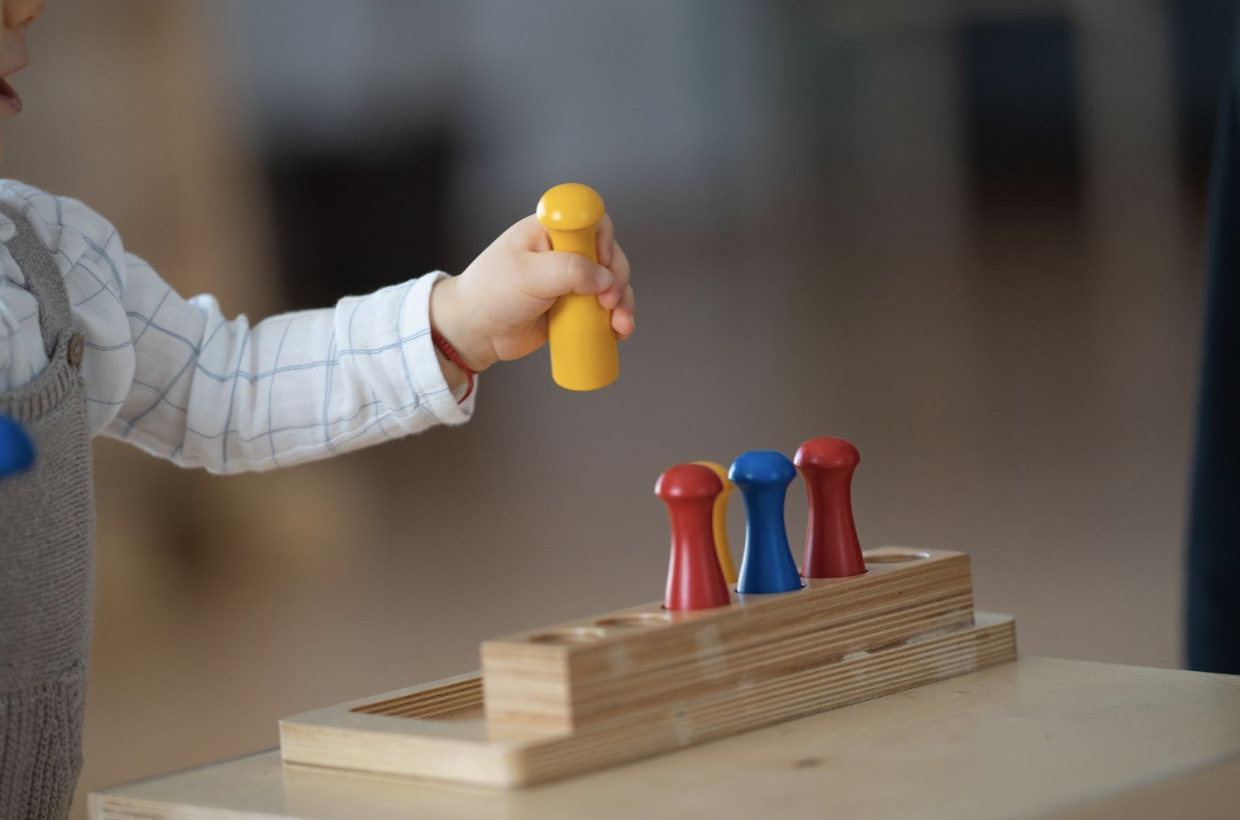
Montessori education in 2023 is more popular than it’s ever been. This century is under constant transformation, and there’s no educational method that embraces that fact better than Montessori.
Above all else, Montessori has made an impact on the educational sphere by emphasizing the fact that every child is unique, and no two learn in the exact same manner. In light of this fact, a child’s environment should cater to their individual needs so they can thrive at a pace and in a style that makes sense for them.
Breaking Boundaries
Every Montessori school prepares carefully cultivated environments to encourage independent thinking in children—but also to encourage empathy and care within that child’s community. A Montessori child has a love of learning that helps them overcome obstacles and live up to their full potential.
Montessori education breaks boundaries and encourages outside-the-box thinking, but it’s not just Montessori education in 2023 that does this. Montessori facilities have carried this out for over a hundred years, but the impact has begun to catch up with traditional schools in certain ways.
While learning in a traditional classroom might not mirror the setup of a Montessori classroom, individuality and uniqueness is prioritized now more than ever, and that has a lot to do with Montessori’s impact.
In the twenty-first century, teachers listen to students instead of barking orders. In a child-led classroom, a student is in charge of their own learning with the gentle and nurturing guidance of a teacher. While this concept might look different in a Montessori school than a traditional school, the idea is there. Children should not be forced into places where they don’t fit or situations they aren’t ready for. Child-led learning holds that idea above all else.
Embracing Individual Needs
The factory-like mindset of twentieth century schooling is long out of fashion. We’ve grown to learn that every child is different, and therefore they can’t all learn at the same pace, in the same manner. Every student is capable of success, but they might not all be capable of taking the same path to reach it.
The Montessori method has revolutionized education in general and made it so children can embrace the steps they take and truly enjoy going to school and learning.
The Four Cs
There are certain skills that people must have in the twenty-first century in order to succeed in society and within the career sphere. Those four skills are emphasized in new Montessori schools and older ones alike: critical thinking, collaboration, creativity, and communication.
These are skills that develop over time. They can’t exactly be taught, but they can be fostered within the right environment—an environment present in a Montessori facility.
1. Critical thinking
Critical thinking is developed through hands-on learning in both a Montessori and traditional environment. Critical thinking is the foundation for problem-solving, analysis, and decision-making skills, and it can be honed through making mistakes and self-correcting after learning from them.
2. Collaboration
The Montessori method has made it clear in the twenty-first century that interactive learning experiences and cooperative play are essential to nurturing collaborative children. In a Montessori school, children are often grouped with peers in a three-year age range, which makes for a harmonious and helpful community.
This type of collaboration can be found in traditional schools as well. You won’t often see multi-age classrooms, but you will see older students participating in programs where they read to or tutor younger students.
3. Creativity
Creativity isn’t learned; it evolves within a child. Self-expression is how children understand the world around them—exploring within a known set of boundaries is a great way to reduce a child’s anxiety and fear of being judged. In a classroom, any classroom, that has supportive guidance and a strong community, creativity will flourish.
4. Communication
Montessori places a lot of value on communication in children. Not only do they have a language curriculum, but they also practice language every day in the form of practical life studies. Such an emphasis on language has made a huge impact on twenty-first century learning in the way that school helps students understand that words (and word choice) matter.
Twenty-First-Century Learning
The impact that Montessori education has made on twenty-first-century learning is almost too vast to measure. Freedom of choice is valued now more than ever before, and self-discipline, responsibility, individuality, creativity, and freedom take a front seat.
Montessori education has been around for more than a hundred years. Its impact will undoubtedly continue far into the future.
To learn more about Austin Children’s Academy or the Montessori philosophy in general, get in touch with us today.





















